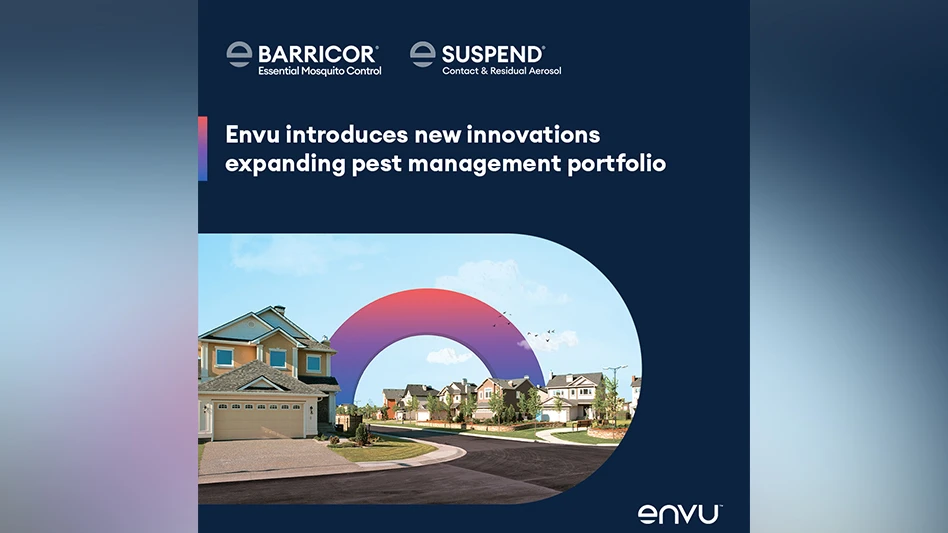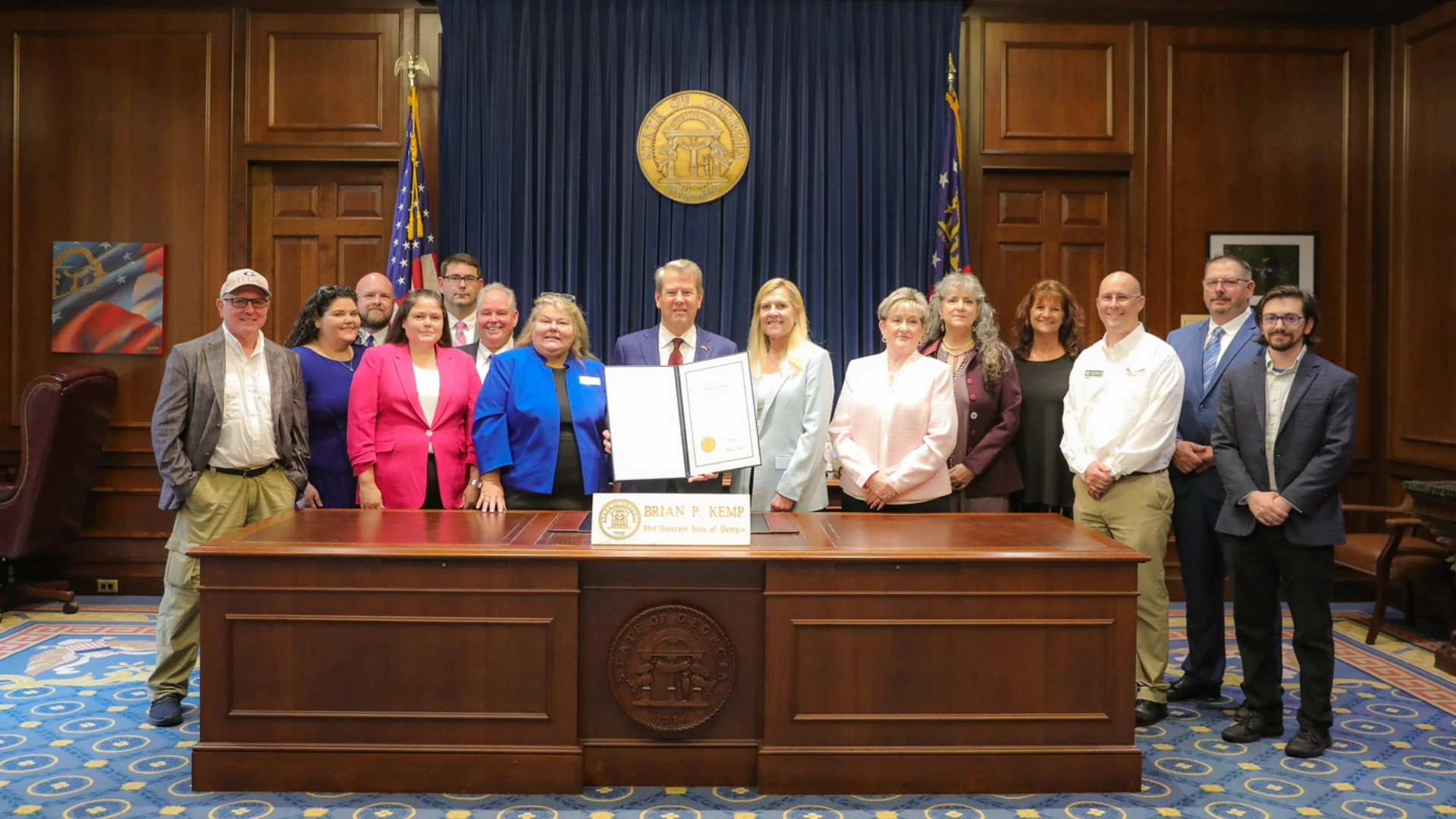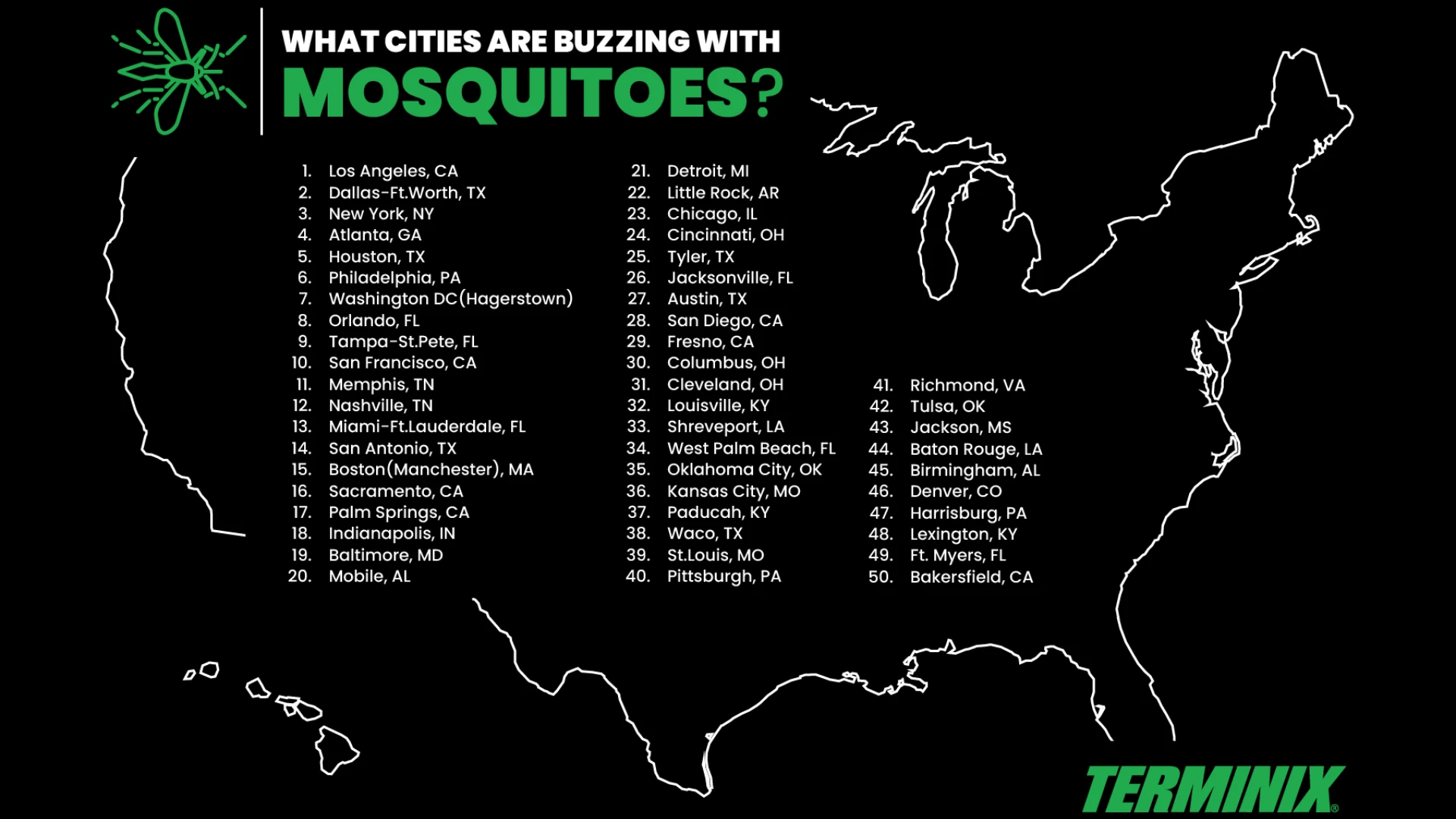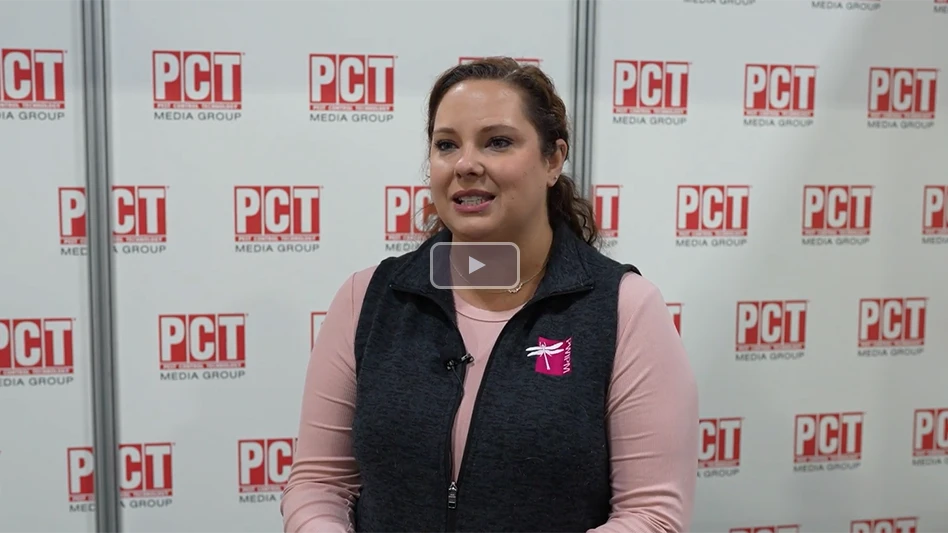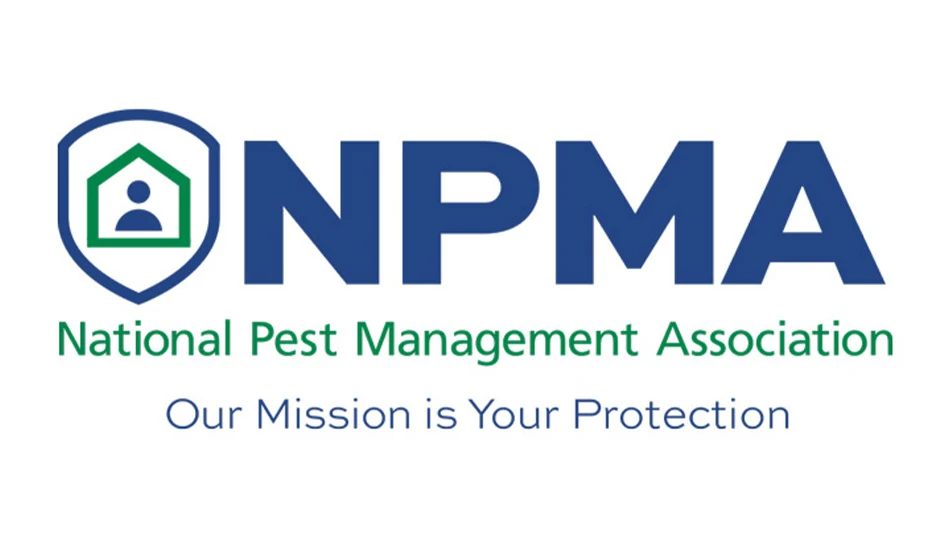This article appeared in the January 1999 issue of PCT magazine.
"Guardians Of Your Environment" — A Slogan Worth Defending
When Norm Cooper, past president of the National Pest Control Association, proposed the slogan "Guardians of Your Environment" a number of years ago, I must admit that I was skeptical about its acceptance by the industry and wondered exactly how the industry as a whole could live up to the challenge. The challenge was a bold step for both the Association and its membership, and it led to the develop-ment of a new symbol for the industry, the globe held within a pest control operator’s hand.
This change signaled a turning point for the industry, i.e., a commitment to risk-reduction through changes in pest management materials and practices. It also renewed interest in measuring up to our responsibilities as protectors of health, food, property and the environment.
With this commitment in mind a number of companies took the next leap of faith and joined as partners in the U.S. Environmental Protection Agency’s Environmental Stewardship Program. It was gratifying to learn that this summer the NPCA also became a partner, joining the handful of pest control companies that had already done so. Although belated, the decision was in keeping with NPCA statements by membership with regard to "Guardians of Your Environment."
The question that I pondered for a long time was how we in the industry could defend the use of this slogan, considering the pressure from other "environmentalists" to "change our ways." I soon realized, however, that no matter how we changed — e.g., reducing pesticide use, adopting the principles of IPM (something the industry had done many years ago), using lower concentration and toxicity products, etc. — it would not make any difference unless we totally abandoned the use of pesticides or only used prod-ucts "approved" by these "environmen-tal" groups.
ENVIRONMENTALIST EXTREMES. It amazes me to what extremes "environmentalist" organizations will go to justify their existence to their groupies and contributors. They frequently resort to half-truths, extrapolate information to suit their objectives, and misrepresent data and studies with the sole purpose of denigrating pesticides and/or our industry. In their mind-set the end, i.e., banning pesticides, justifies the means without consideration given to the benefits of pesticides and our industry.
I have watched our industry and other industries that use pesticide products bend, adapt and evolve to reduce the risks associated with pesticide use. I have concluded that these "environmental" zealots have a singular goal — the total elimination of pesticides, regardless of the consequences — which in their narrow-minded perspective are none.
The most recent attack on our industry struck right here at home in Maryland when a group called MaryPIRG (Maryland Public Interest Research Group) stated that certain companies in Maryland "appear to be in direct conflict with state and federal guidelines for environmental advertising." According to their six page diatribe, they reviewed ads in the Yellow Pages and "…found exter-minators and lawn care companies consistently promoting the message that pesticide treatments are safe for the en-vironment or harmless to humans, despite the very real known and suspected risks associated with pesticides." Furthermore, they claimed that this type of advertising is rampant in Maryland.
In fact, when I reviewed most of the Yellow Pages ads they cited I found just the opposite, i.e., most companies were complying with EPA and FTC guidelines on advertising. In several advertisements, the only thing they could find to denigrate a company was the use of NPCA’s motto, "Guardians of Your Environment." Prior to having written this article, I reviewed the EPA’s list of "wording of concern" and discovered, not to my surprise, that "Guardians of Your Environment" was not on the list. (I knew it wasn’t even before I looked.)
ENVIRONMENTAL MOTIVATION? So, what is the motivation for these unjustified attacks on our industry and pesticides? In my opinion it is ego and money, and the fact that these individuals/organizations need to feel important and recognized. Thus, they exploit the uninformed and the media by supplying the information they deem pertinent, often failing to tell the whole story. They distort the truth about pesticides and our industry in order to build support for their cause and to extract money form the public as a nonprofit organization under the pretense of protecting society form the ravages of pesticides.
Where were these self-proclaimed "environmentalists" when:
•Hurricane Hugo ravaged the Carolinas? We (the industry) were there fighting the hordes of mosquitoes that followed in the wake of the storm.
•Hurricane Andrew devastated south-ern Florida? We were there fighting more hordes of mosquitoes.
•Encephalitis struck central Florida? We were there fighting the mosquitoes.
•The floods struck the Midwest? We were there battling hordes of flies.
•Inner-city children are struck down by asthma? We are there battling cock-roaches and attempting to find solutions to the problems associated with insect allergies.
•More than 10,000 people are af-flicted annually with Lyme disease? We are there fighting the ticks and mice that are involved in the transmission of this disease.
•Homes are being devastated by termites (more than $3 billion per year in damage and repairs)? We are there finding new and innovative ways to provide termite protection.
•Our food supply is threatened by insect devastation? We are battling the insects and other vermin that would deprive us of a healthful and bountiful food supply.

Explore the January 1999 Issue
Check out more from this issue and find your next story to read.
Latest from Pest Control Technology
- Photo Slideshow: Ant Identification Tips
- Video: Top 10 PCT Photo Contest Finalists
- UF/IFAS Study Reveals Boats as Perfect Vessels for Global Termite Spread
- Pest Control Consultants (Iowa) Earns Pinnacle Performance Award
- Syngenta's Chris Keefer Reviews Ant Control, Products in Latest Ant Market Report
- PCT/BASF Launch 2025 Technician of the Year Awards Program
- Target Specialty Products, MGK Partner for Mosquito Webinar
- Cockroach Control and Asthma

